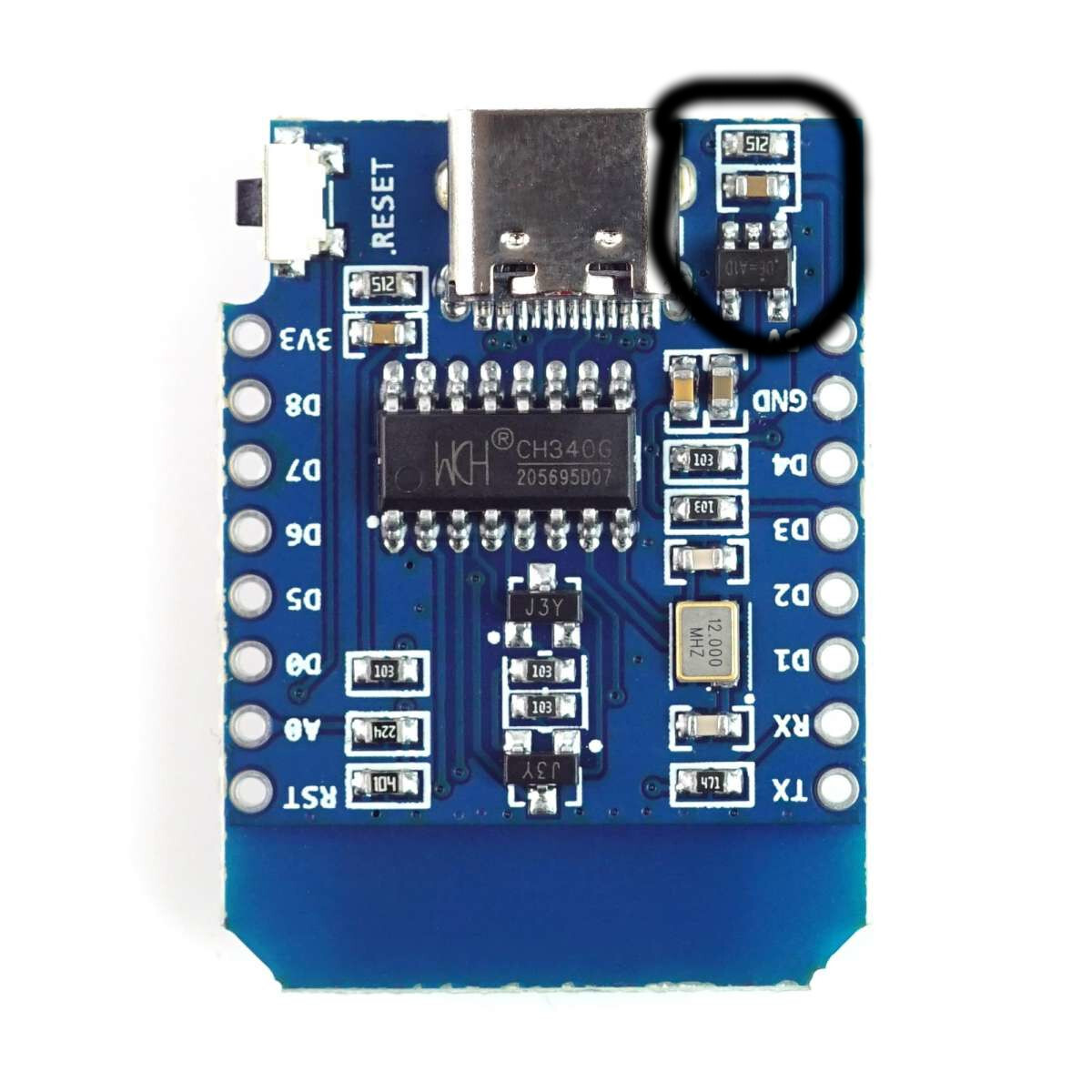I'm trying to build a very simple, stupid light switch for my grow light. Essentially, I want to turn on the light, if it gets too dark outside, so that my plants can survive the northern winter.
Since I'm a software guy, my first thought was an ESP32, but that seems excessive.
My current approach would be something like this:
https://www.ebay.com/itm/313561010352
In conjunction with a relay, both powered by a USB-PSU.
If the light level is low enough, the logic DO pin should send a signal and that should be enough to trigger a small relay, so that the relay then closes the circuit to switch on the lights.
Is that idea completely stupid? With electronics, I'm usually missing something very obvious.
The lights themselves are already just usb powered and only draw 5W, so that shouldn't be problem.
What I'm concerned with is the actual switching. Is the logic signal "strong" enough to activate a relay? Would simple transistor maybe sufficient?

Because it's not using hot steam, but vapor, it's more like sweating.
The heat exchangers are sprayed with misted water, which evaporates and takes away heat. But the resulting vapor is still only slightly above ambient temperature and can't be reasonably condensated.